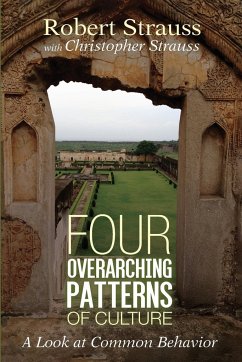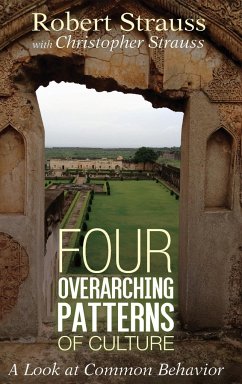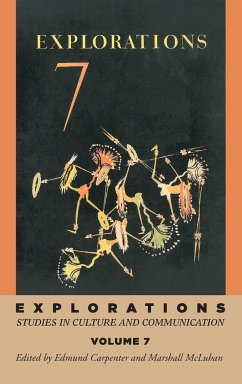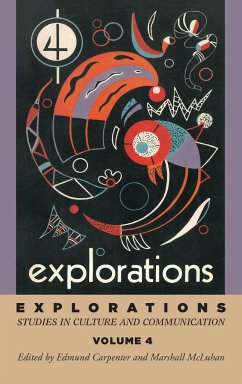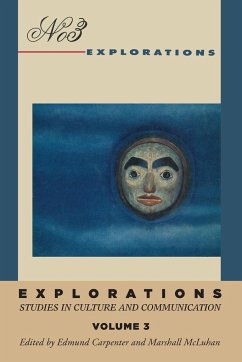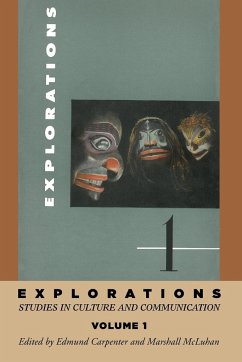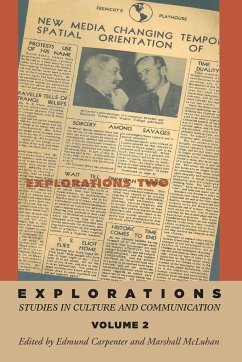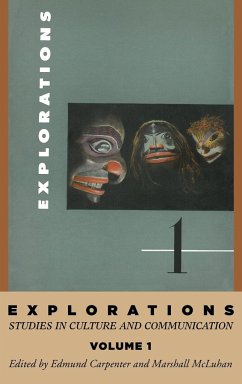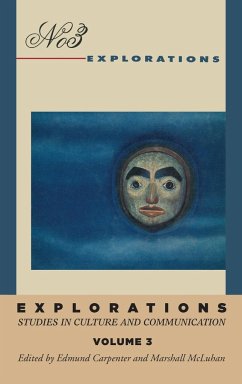
Witchcraft, Lycanthropy, Drugs and Disease

PAYBACK Punkte
17 °P sammeln!
Long before the political mass-murders witnessed in the present century, western Europe experienced another kind of holocaust--the witch-hunts of the early modern period. Condemned of flying through the air, changing into animals, and worshipping the Devil, over a hundred thousand people were brutally tortured, systematically maimed and burned alive. Why did these persecutions take place? Was it superstition, irrationality, or mass delusion that led to the witch-hunts? This study seeks explanation in the tangible actions of human actors and their worldly circumstances. The approach taken is an...
Long before the political mass-murders witnessed in the present century, western Europe experienced another kind of holocaust--the witch-hunts of the early modern period. Condemned of flying through the air, changing into animals, and worshipping the Devil, over a hundred thousand people were brutally tortured, systematically maimed and burned alive. Why did these persecutions take place? Was it superstition, irrationality, or mass delusion that led to the witch-hunts? This study seeks explanation in the tangible actions of human actors and their worldly circumstances. The approach taken is anthropological; inferences are grounded on a wide spectrum of variables, ranging from the political and ideological practices used to mystify earthly affairs, to the logical structure of witch-beliefs, torture technology, and the role of psychotropic drugs and epidemic diseases.






